By repeatedly attacking cargo ships in the Red Sea, the Houthis are posing a major challenge to US power, forcing Washington to find a response.
As Iran-backed militias have repeatedly attacked US forces in Syria and Iraq in recent weeks, the Biden administration has responded with force. The Pentagon announced on December 25 that it had launched “necessary and proportionate” airstrikes against three bases used by the Kataib Hezbollah militant group in Iraq, killing several fighters.
But when the Houthi group in Yemen launched more than 100 missile and drone attacks on a series of ships in the Red Sea, including US warships, Washington has so far not launched a strong response.
The attacks on the ships are part of a growing regional confrontation between Iran’s allies and the United States and Israel. A declassified US Defense Department document shows that the Houthi attacks in the first half of December were eight, compared to three in the second half of November.
The Houthis’ move has opened a new front in the region amid the ongoing conflict between Israel and Hamas. It is also the latest test of the US’s ability to continue supporting Israel, its closest ally in the Middle East, while preventing the conflict from spreading into a regional war.
“Every side, including Iran, is trying to avoid escalating the conflict and getting into a dangerous situation,” said Andrew Tabler, former director for the Middle East at the US National Security Council.
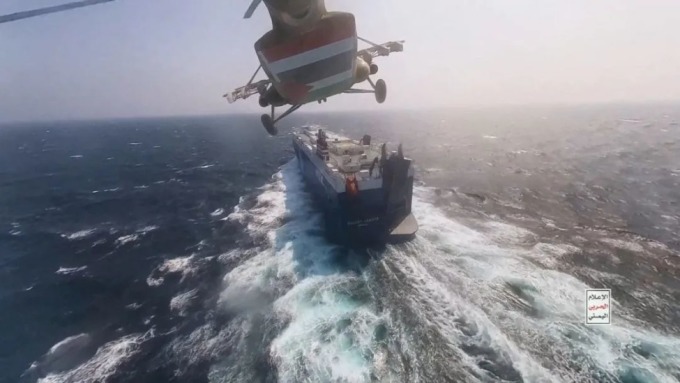
A helicopter carrying Houthi fighters approaches a cargo ship in the Red Sea in this image released on November 20. Photo: Reuters
Yemen has been mired in a civil war for nearly a decade, with Iran-backed Houthis, who control the capital and large swathes of the country's west, battling the internationally recognized government of President Abd-Rabbu Mansour Hadi in exile.
After the outbreak of hostilities in Gaza, the Houthis expressed their support for Hamas by launching rockets into southern Israel and vowed to attack any cargo ships “connected to Tel Aviv”, despite warnings and threats from the US. A number of major shipping companies have decided to sail their ships around the Cape of Good Hope in Africa, to avoid the increasing risks in the Red Sea.
The Houthis’ repeated attacks have prompted the US and its allies to deploy warships to the region, in an attempt to ease concerns among some shippers. On November 15, the US destroyer USS Thomas Hudner fired missiles and shot down three drones launched by the Houthis from Yemen over the Red Sea.
But this move did not stop the Houthis from continuing to attack cargo ships, while the US did not have enough resources to patrol such a large area of sea, as well as intercept all UAVs and missiles launched by the armed group.
On December 15, the Bermuda-registered Ardmore Encounter was carrying fuel from India to West Africa when a small boat carrying an armed group appeared. One of the men contacted the ship, claiming to be from the Yemeni navy, and demanded that the Ardmore Encounter move to a Houthi-controlled storage facility or face an attack.
"We did not comply and were immediately attacked," the crew member said. The group on the boat fired two missiles at the ship, but both missed their targets.
These attacks have prompted the US to hastily form a 20-nation naval coalition to jointly counter the Houthis. This coalition will carry out Operation Prosperous Guardian, in which the US, along with the UK, Bahrain, Canada, France, Italy, the Netherlands, Norway and other allies, will conduct joint patrols in the southern Red Sea and the Gulf of Aden, to deter and respond to Houthi attacks.
Shipping and logistics company AP Moller-Maersk said on December 24 that the US-led effort had given it the confidence to continue operating its cargo ships in the Red Sea. But other companies, including Britain’s BP PLC and Norway’s Equinor, have refused to resume operations in the area.
The Houthis later warned of more attacks in response to the US and its allies sending warships to the region. "The threat to international maritime navigation is caused by the militarization of the Red Sea by the US and its allies," Mohammed Abdul Salam, a spokesman for the Houthi group, wrote on the social network X.
Two days later, MSC Mediterranean Shipping said its United VIII ship was attacked while en route from Saudi Arabia to Pakistan. The crew sent a distress signal to a warship from the U.S.-led joint naval force in the region.
US fighter jets, warships and other equipment then shot down 12 Houthi UAVs, three anti-ship missiles and two surface-to-surface missiles in the Red Sea within 10 hours. However, experts say the US and its coalition will quickly run out of resources as they have to continuously launch expensive missiles to intercept the Houthis' cheap UAVs.
This poses a huge challenge to the US, in the context that Washington cannot use force to respond to the Houthis for fear of sparking a direct conflict with Iran, the country that backs the armed group in Yemen.
The US has also grown increasingly concerned about Iran’s direct involvement in attacks on shipping in the Red Sea. Washington said on December 22 that Iranian forces had provided real-time intelligence and weapons such as drones and missiles to the Houthis to target shipping in the waters.

Location of the Red Sea, Yemen and countries in the region. Graphics: AFP
But the attacks also revealed tensions within the Iranian government. Iran’s military operations abroad are typically carried out by the Islamic Revolutionary Guard Corps (IRGC), a paramilitary force that operates separately from the civilian government and often disagrees on diplomatic agendas.
The administration of Iranian President Ebrahim Raisi has tried to distance itself from the attacks on shipping in the Red Sea. On December 24, an Iranian Foreign Ministry spokesman denied Tehran’s involvement in the attacks on Israeli targets, according to state-run Press TV .
In mid-December, Iranian Foreign Minister Hossein Amir-Abdollahian told his Lebanese counterpart Abdallah Bou Habib that he did not encourage Tehran’s allies to escalate tensions. But the Red Sea raids have continued, suggesting that the IRGC’s position appears to be at odds with that of President Raisi’s administration.
US officials are urging Israel to end its Gaza campaign quickly, in the hope that it will help prevent attacks in the Red Sea. Iran’s foreign minister has also said the key to stopping the attacks is a ceasefire between Israel and Hamas.
"If there is a ceasefire in Gaza, there will be a ceasefire across the region," he said.
Thanh Tam (According to WSJ, Reuters, Press TV )
Source link


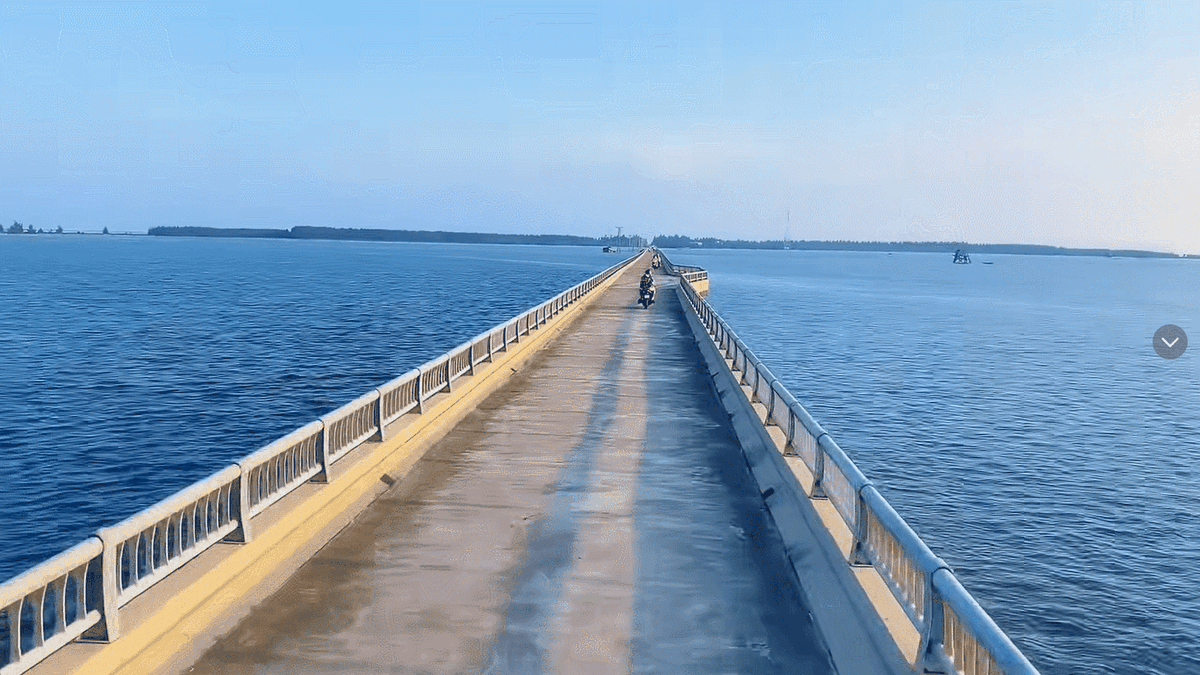

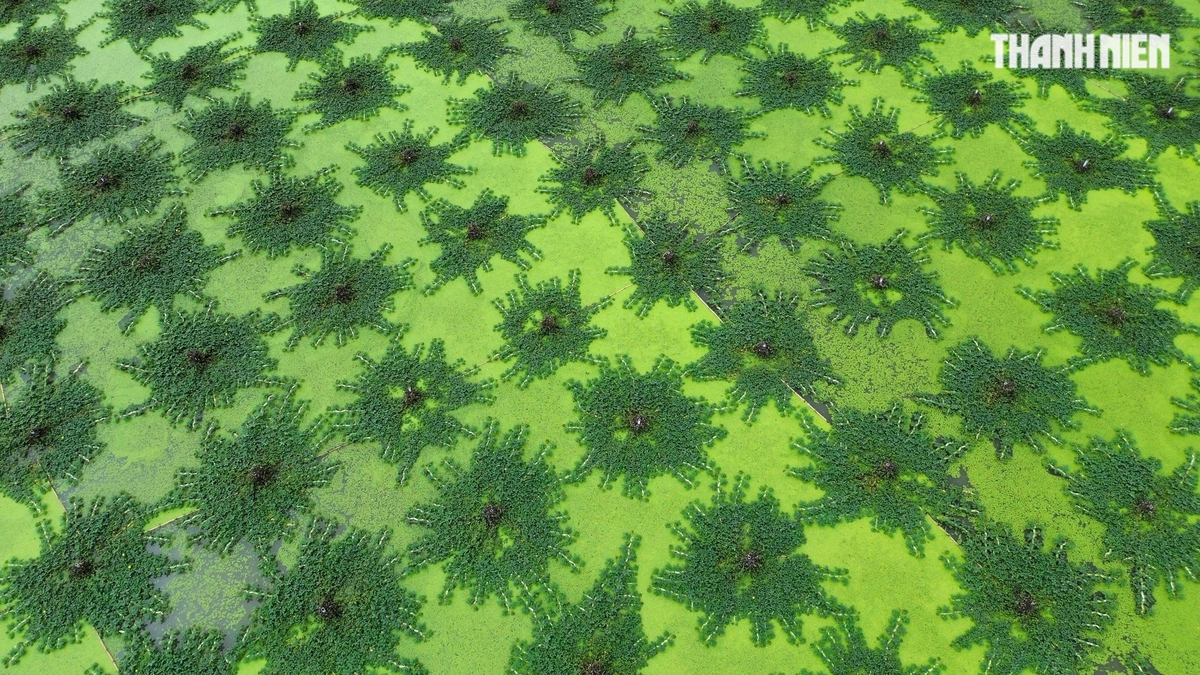


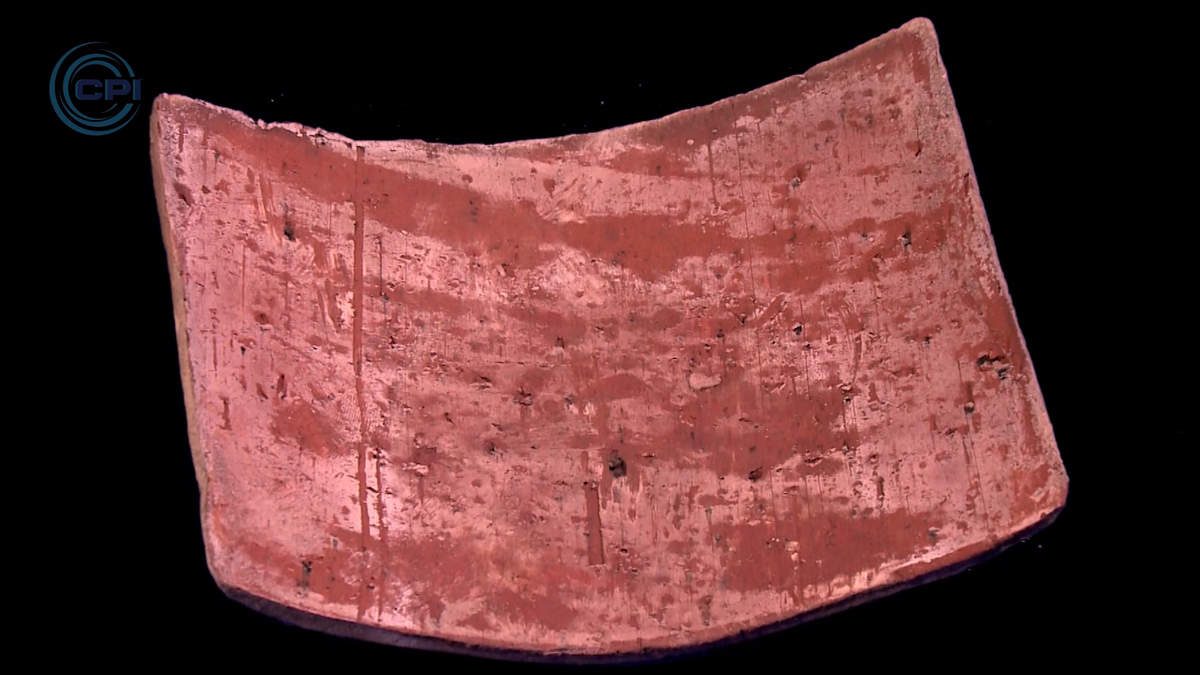
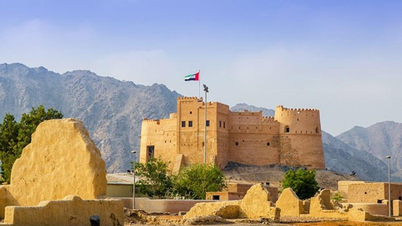




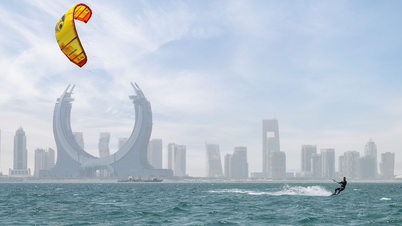




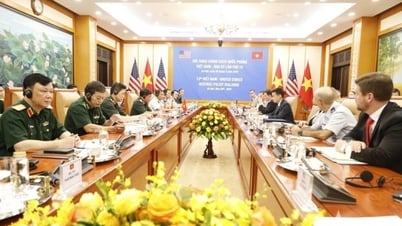















































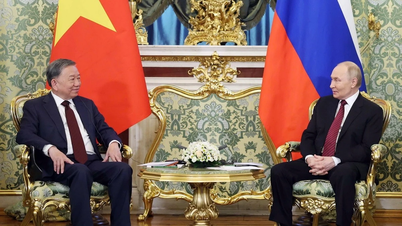


































Comment (0)